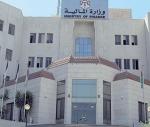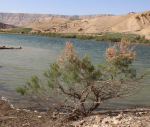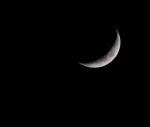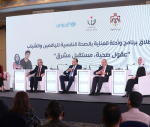You are here
UN slams Iraqi Kurds for 'intimidating' journalists
By AFP - May 13,2021 - Last updated at May 13,2021
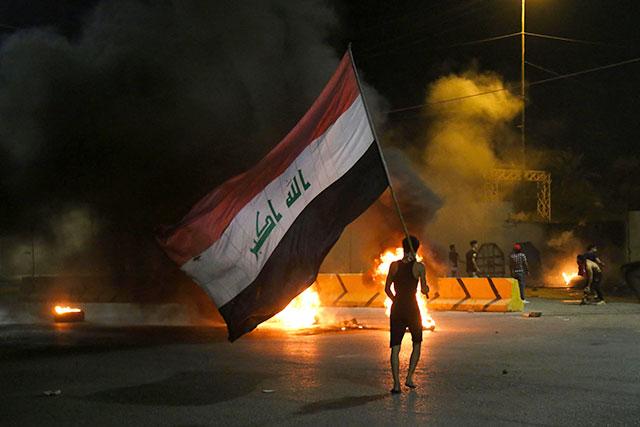
Iraqi protesters burn tyres in front of the Karbala governorate headquarters in the central city of Karbala, early on Sunday, following the reported assassination of a local anti-government activist (AFP photo)
BAGHDAD — The UN on Wednesday accused authorities in Iraq's autonomous Kurdish region of intimidating and arbitrarily detaining journalists and activists.
"Over the last year, journalists, human rights activists and protesters who questioned or criticised actions by the Kurdistan regional authorities have faced intimidation, threats, and harassment as well as arbitrary arrest and detention," the world body said.
The joint report, by the UN's Iraq mission and the office of its High Commissioner for Human Rights, came a week after an appeals court upheld six-year jail sentences for five journalists and activists, after a trial criticised by rights groups.
The report said 33 journalists, activists or human rights defenders had been arrested without being told why, denied access to lawyers or held without their families being informed.
"In at least five documented cases, journalists and human rights defenders have been charged, released on bail, then immediately re-arrested on different charges, leading to concerns that the legal system is being 'instrumentalised'" to pressure them into self-censorship, it said. On Tuesday last week an Erbil court upheld six-year jail sentences for three journalists and two activists over multiple charges.
The charges included "inciting protests and destabilising" Kurdistan, as well as "spying", "armed" struggle and "misuse of electronic devices". The five men covered or took part in anti-government protests held last year in several Kurdish cities and towns, over a major fiscal crisis that delayed public sector salaries and pay cuts.
Human Rights Watch said the charge of "spying" was based solely on social media posts and testimony of "secret informants", who did not appear and were not cross-examined.
"These men were sentenced because of a biased political will," charged Belkis Wille, senior researcher at HRW.
A US State Department report on human rights in Kurdistan last year said "senior leaders reportedly influenced politically sensitive cases". For example, one of the men, journalist Sherwan Sherwani, is known for his investigations into corruption and had criticised Kurdish Prime Minister Masrour Barzani on Facebook before his arrest.
The cassation court's decision "represents how significantly Kurdish authorities have allowed free expression to be eroded", Wille added. Many activists say the security crackdown began after Barzani, a former head of the security and intelligence services, took office. The Kurdistan Regional Government has insisted that the reporters had access to lawyers and that Arbil "does not interfere in judicial proceedings". A week before the trial Barzani said the detainees were "neither activists nor journalists" but "spies" and "saboteurs".
Related Articles
GENEVA — Nasrin Sotoudeh, an internationally renowned human rights lawyer jailed in Iran, was handed a new sentence on Monday which her
TEHRAN — Four detained Iranian environmental activists have been cleared of a charge that could carry the death penalty, state news age
DUBAI — Media rights groups on Monday urged Yemen's Houthi rebels to free four journalists sentenced to death for "espionage" in the war-tor






